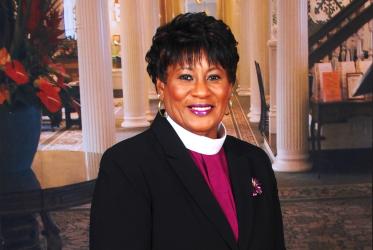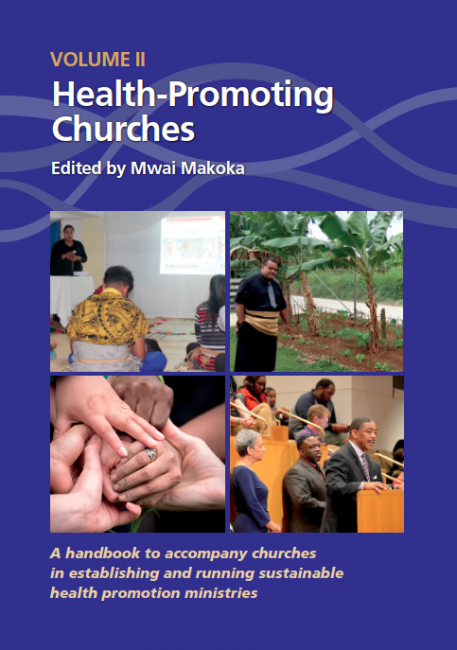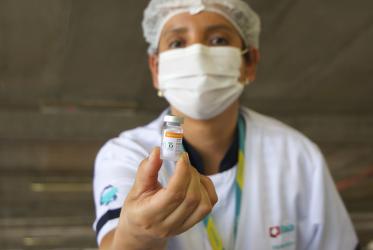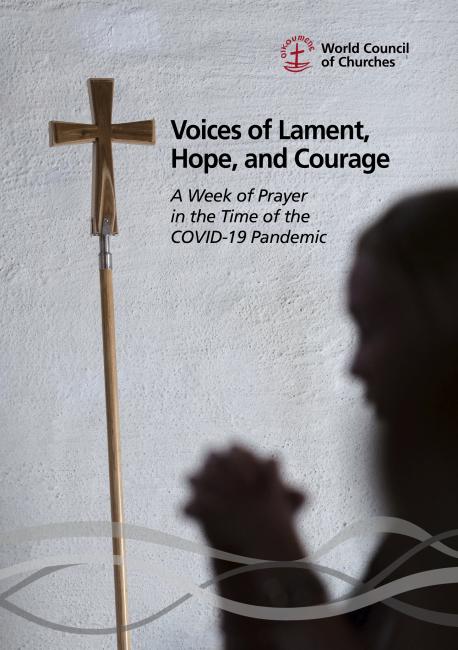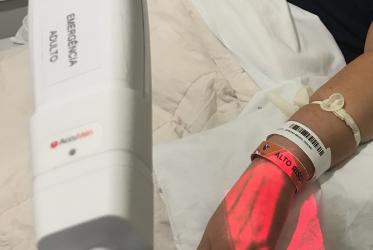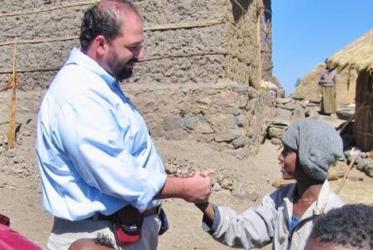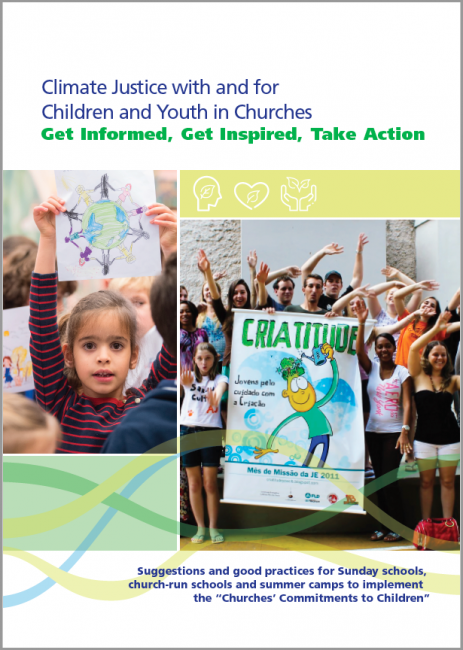Displaying 81 - 100 of 112
Health-Promoting Churches Volume II:
A handbook to accompany churches in establishing and running sustainable health promotion ministries
28 April 2021
WCC answers your questions about vaccines
26 April 2021
Defending the ‘blue soul of life’
08 April 2021
Voices of Lament, Hope, and Courage
A Week of Prayer in the Time of the COVID-19 Pandemic
18 March 2021
No room at the inn
26 December 2020
Ecumenical Global Health COVID-19 Response Framework
12 November 2020
Climate Justice with and for Children and Youth in Churches
Get Informed, Get Inspired, Take Action
25 October 2020

